Navigating Self-Publishing Platforms
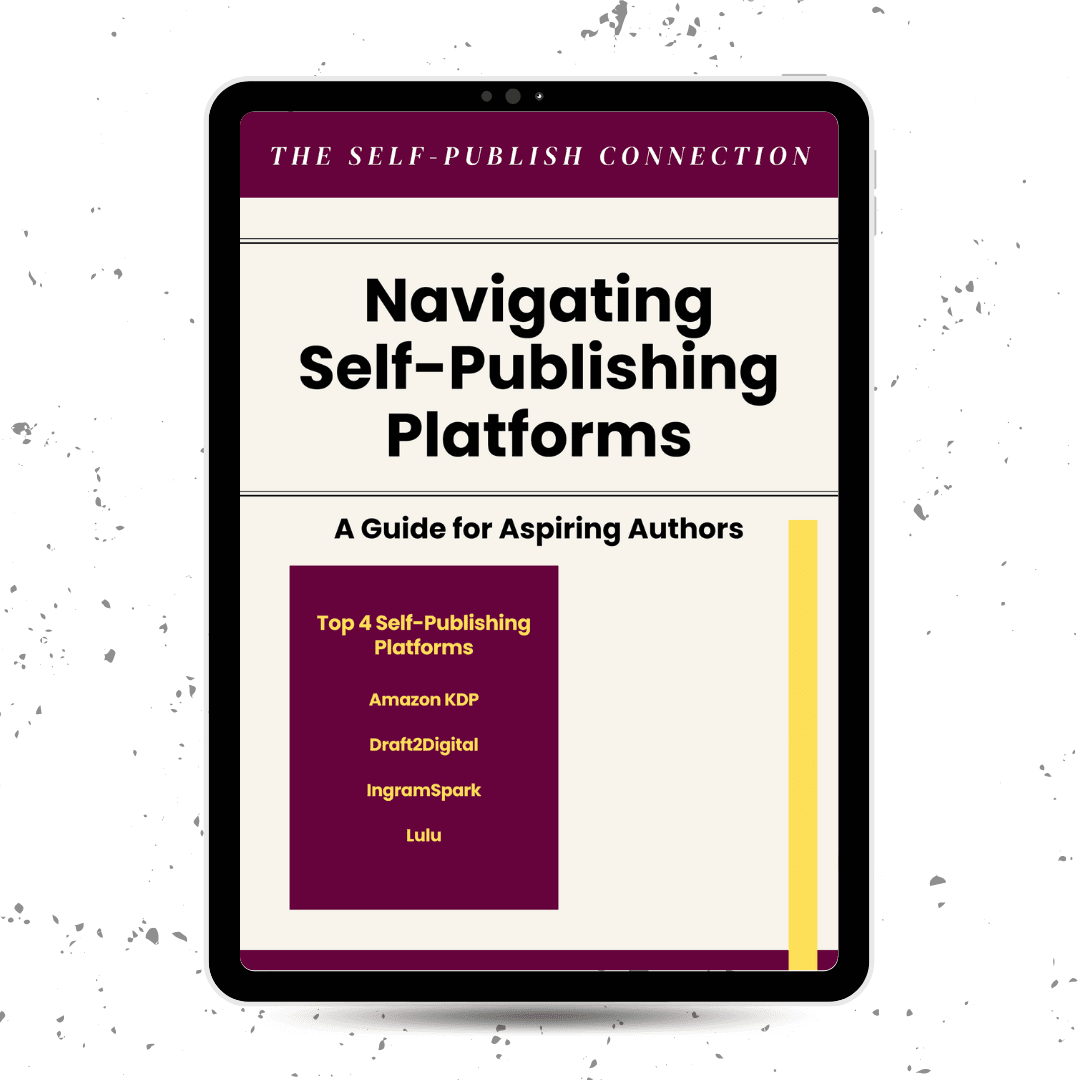
Navigating Self-Publishing Platforms: A Guide for Aspiring Authors
In the ever-evolving world of self-publishing, selecting the right platform can make a significant difference in your success as an author. Whether you’re a beginner or a seasoned writer, understanding the pros and cons of each platform is crucial. Here, we delve into four popular self-publishing options: Amazon Kindle Direct Publishing (KDP), Draft2Digital (D2D), IngramSpark, and Lulu. We also provide insights on how authors from Jamaica and the Caribbean can leverage these platforms.
Amazon KDP is a powerhouse in the self-publishing arena, offering a straightforward and cost-free entry into the world of publishing.
Pros:
- Free to use and easy to set up: No upfront costs make it accessible for beginners.
- Access to the massive Amazon marketplace: Reach millions of readers worldwide.
- Offers both eBook and print publishing, providing flexibility in format.
- Royalty options: Choose between 35% or 70% for eBook royalties, depending on pricing and region, and 60% for paperback or hardcover.
- It provides tools for promotions and sales tracking, making it invaluable for marketing your book.
- Update your manuscript and cover at any time, free of charge.
Cons:
- Limited design customisation for print books: Less control over the book’s appearance. It only offers perfect binding. It does not provide spiral binding, engraving, dust jackets, or other forms of customisation.
- It operates a competitive marketplace that demands effective keywords and targeted marketing strategies.
- The exclusivity requirements for Kindle Unlimited apply if you are enrolled in KDP Select. If enrolled, you cannot publish your eBook anywhere else.
- 10 days to ship author copies
Publishing Requirements:
- PDF for print, EPUB/KPF/Word for eBooks.
- Properly formatted manuscript and cover.
- Valid tax and banking information.
Jamaican/Caribbean Access: Yes, authors from these regions are eligible to publish on KDP. You’ll need:
- You can use an international bank account (or Payoneer) for royalty payments. Jamaicans are now allowed to use their local bank accounts, but conditions apply.
- A US tax identification number is required for tax compliance. You can apply for an EIN or submit a W-8ben form using your TRN for Jamaicans.
Recommended for: Most authors, especially beginners or those targeting international readers.
Draft2Digital is an excellent choice for authors looking to distribute their eBooks widely across various platforms.
Pros:
- Wide distribution: It allows you to select the platforms on which you would like your book to be published. Reach platforms like Apple Books, Kobo, and Barnes & Noble, among others. It also allows you to publish on Amazon, but if your book is already listed on Amazon, do not select this option.
- Excellent formatting tools: Auto-conversion to EPUB simplifies the process.
- No upfront fees: They take a small cut of royalties instead. They take a 10% commission on each book sold. However, their partners may charge a fee.
- You can proceed with downloading your EPUB file to use elsewhere.
Cons:
- Limited print options compared to KDP.
- Royalties are 45% minus print cost OR 60% for eBooks. This is based on their distribution partners.
- There is a minimum threshold for payments to Payoneer.
Publishing Requirements:
- Clean Word or EPUB files.
- Book metadata and cover.
Jamaican/Caribbean Access:
Yes, Caribbean authors can use D2D. Payoneer facilitates royalty payments. There is a minimum threshold of US$20 before payments are made over to Payoneer.
Recommended for: Authors wanting broader eBook distribution beyond Amazon.
IngramSpark offers robust options for those seeking extensive print distribution, ideal for reaching bookstores and libraries.
Pros:
- Wide print distribution: Ideal for bookstores and libraries.
- Offers hardcover options: Provide professional-looking books.
- Setup fees: Free to publish.
- Author copies ship in 5 days.
Cons:
- More complex interface: May require a learning curve.
- Returns policy: Can negatively impact independent authors. If an item is returned, you may be charged for the return, which includes the cost of the book and shipping costs, depending on the option you selected.
- No storefront
- Not for individual purchases
- A revision fee of US$25 is charged if you revise your book after 60 days of publishing
- Do not offer free ISBNs to international publishers
- You must select a discount for wholesale purchases
Publishing Requirements:
- ISBNs (must be purchased if outside the US).
- High-quality print-ready files.
Jamaican/Caribbean Access:
Yes, but you’ll need:
- Your ISBNs.
- An international payment setup (PayPal or wire transfer).
Recommended for: Authors looking for bookstore or academic distribution.
Lulu is a versatile platform best suited for creators of niche books or non-traditional formats.
Pros:
- Print-on-demand and various binding options: Includes hardcover and spiral binding.
- It supports both digital and print products, making it great for calendars, planners, and workbooks.
- Integrates with Shopify, Wix, and WooCommerce
- Free to publish
Cons:
- Less user-friendly interface: Compared to KDP.
- Less visibility and marketplace reach.
- Print cost can be expensive
- Will not allow global distribution unless you purchase a proof copy
- Royalties vary based on region
Publishing Requirements:
- PDF print files.
- ISBN (provided for free, or you can use your own).
Jamaican/Caribbean Access:
Yes, with Payoneer or PayPal for payments.
Recommended for: Creators of niche books or non-traditional formats (e.g., planners).
Overall Recommendation
For most authors, Amazon KDP is the top pick due to its visibility, simplicity, and global reach. Draft2Digital is an excellent alternative for expanding distribution beyond Amazon without the technical hassle. Combining KDP for Amazon and D2D for other platforms can be a powerful strategy to maximise your book’s reach.
Whether you’re aiming for a global audience or targeting specific markets, understanding these platforms will help you make informed decisions and enhance your self-publishing journey.
To get this guide at your fingertips, along with a side-by-side comparison and a self-publishing checklist, grab a copy of the Self-Publishing Starter Kit.
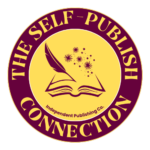
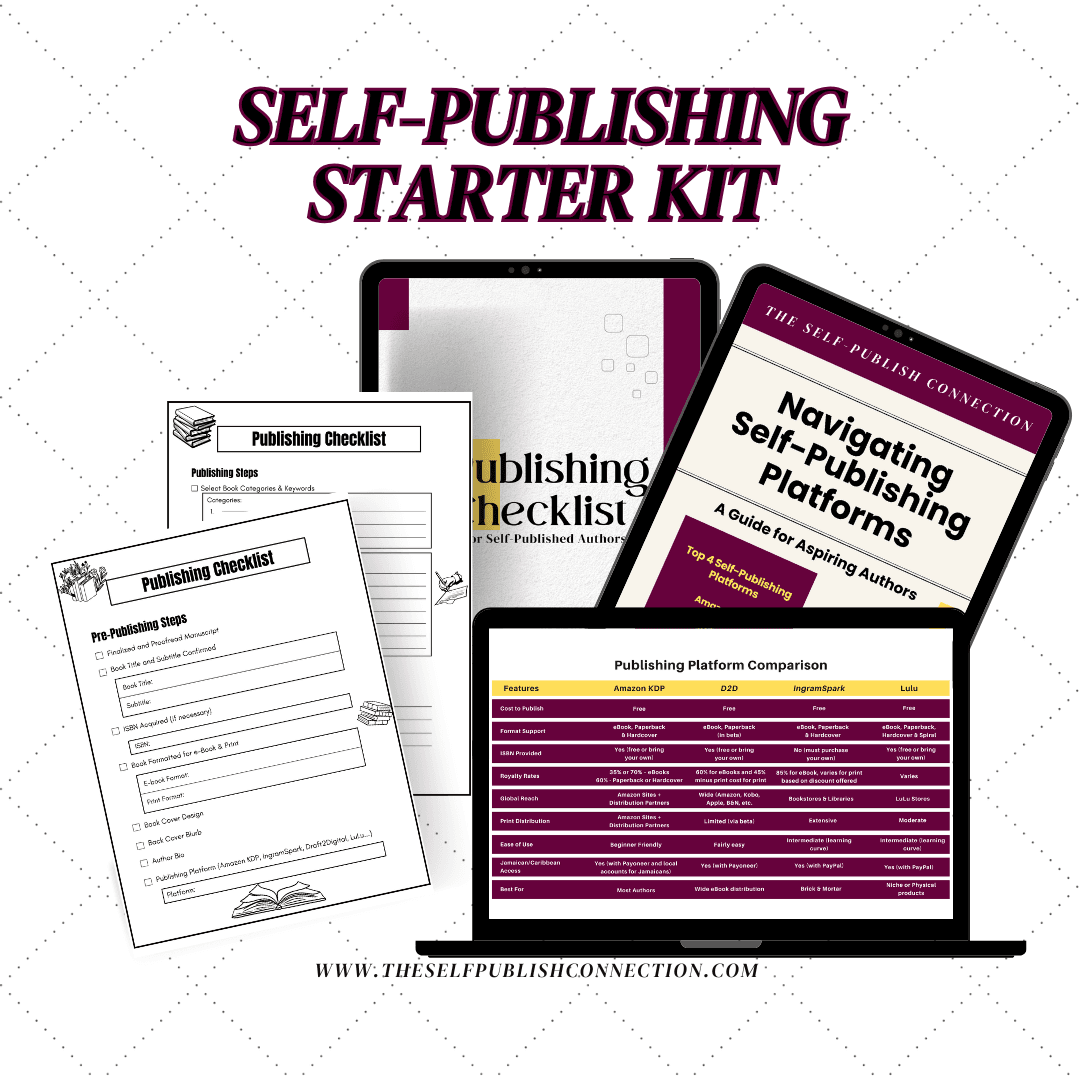
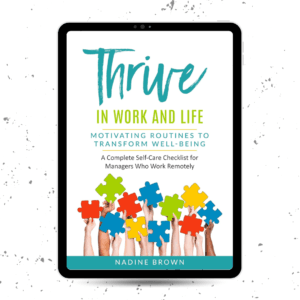

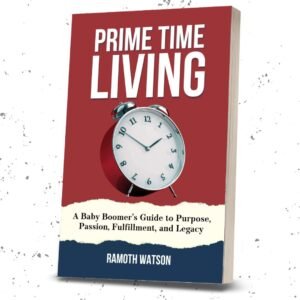
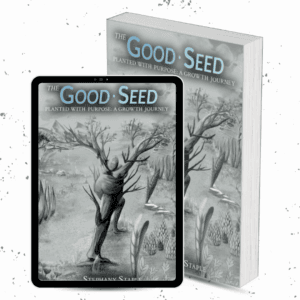

Good Day
Per chance do you have a sample of a completed W-8ben form using your TRN for Jamaicans to apply for your EIN?
Good day. There is more to getting an EIN than completing a W-8ben form. You first need to register your business within the US and get a TIN or SSN. Thereafter, you can apply for an EIN with the IRS.